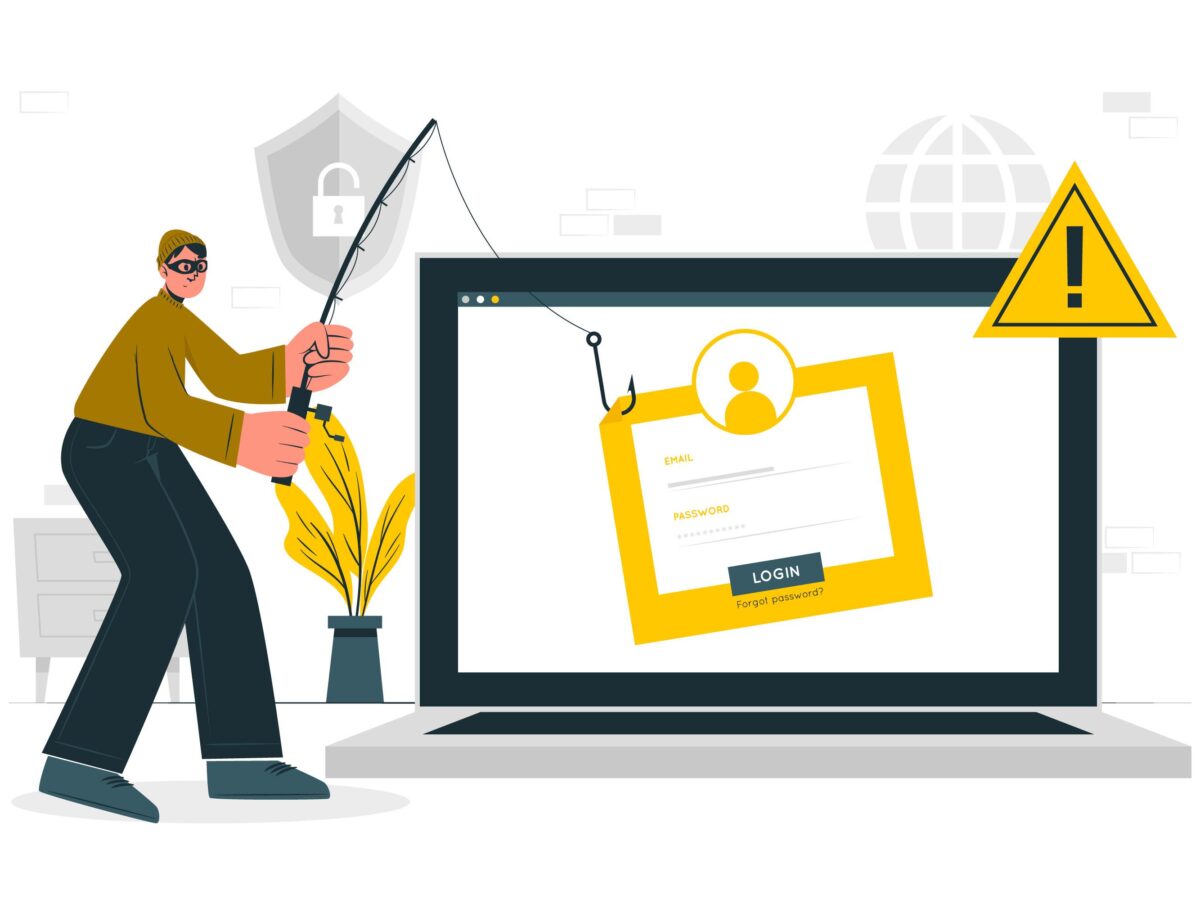
IP Leaks
Understanding and Preventing ThemLearn about IP leaks, their potential consequences, and how to prevent them when using a VPN.
What is an IP Leak?
An IP leak refers to a situation in which your actual IP address is exposed, even when you're using a VPN (Virtual Private Network) to conceal it. This can lead to a variety of potential security and privacy issues.
Types of IP Leaks
There are several types of IP leaks, including:
- DNS Leaks: When your device sends DNS requests to your ISP's DNS servers instead of the VPN's DNS servers. Learn more about DNS leaks on Wikipedia.
- WebRTC Leaks: When WebRTC (Web Real-Time Communication) enabled browsers reveal your true IP address. Learn more about WebRTC on Wikipedia.
- IPv6 Leaks: When your VPN provider only supports IPv4 and your device uses IPv6, your IPv6 address might leak. Learn more about IPv6 on Wikipedia.
Why IP Leaks are Dangerous
IP leaks can have significant consequences, including:
- Loss of privacy: Your online activities can be tracked and monitored by third parties, such as your ISP or government agencies.
- Location tracking: Your physical location can be determined by your IP address, making it possible for others to target you based on your whereabouts.
- Data theft: IP leaks can make it easier for hackers to intercept your data and steal sensitive information.
How to Detect IP Leaks
To detect IP leaks, follow these steps:
- Connect to your VPN.
- Visit an IP leak testing website, such as ipleak.net or dnsleaktest.com.
- Check whether the displayed IP address and location match your VPN server.
If the displayed information matches your VPN server, your connection is secure. If not, you may be experiencing an IP leak.
Preventing IP Leaks
To prevent IP leaks, consider the following measures:
- Choose a reliable VPN provider: Look for a VPN provider that offers built-in leak protection features, such as DNS leak protection, IPv6 leak protection, and a kill switch.
- Disable WebRTC: You can disable WebRTC in your browser settings or by using browser extensions to prevent WebRTC leaks.
- Use a VPN with IPv6 support: If your device uses IPv6, choose a VPN provider that supports both IPv4 and IPv6.
- Regularly test for IP leaks: Make a habit of checking for IP leaks using the methods mentioned above.
Troubleshooting IP Leaks
If you find that your VPN connection is leaking your IP address, follow these steps to troubleshoot and resolve the issue:
- Check your VPN settings: Ensure that leak protection features, such as DNS leak protection and the kill switch, are enabled in your VPN client.
- Update your VPN client: Make sure you are using the latest version of your VPN client, as updates may include security patches and improvements.
- Change VPN protocols: Some VPN protocols may be more susceptible to leaks than others. Experiment with different protocols to see if the leaks persist.
- Contact your VPN provider: If the issue persists, contact your VPN provider's customer support for assistance. They may be able to provide a solution or suggest alternative configurations to prevent IP leaks.
Conclusion
IP leaks can pose a significant threat to your online privacy and security. By understanding the causes of IP leaks and taking the necessary precautions, you can prevent your IP address from being exposed while using a VPN. Regularly test your VPN connection for leaks, and make sure you choose a reliable VPN provider with built-in leak protection features. Stay vigilant and proactive in protecting your digital footprint to ensure a secure and private online experience.
Other guides in Security and Anonymity
- Preventing DNS Leaks with VPNs
- VPN Kill Switch: Ensuring Continuous Privacy
- VPN Logging Policies: No-Logs and Their Importance
- VPN Jurisdiction: How it Affects Your Privacy